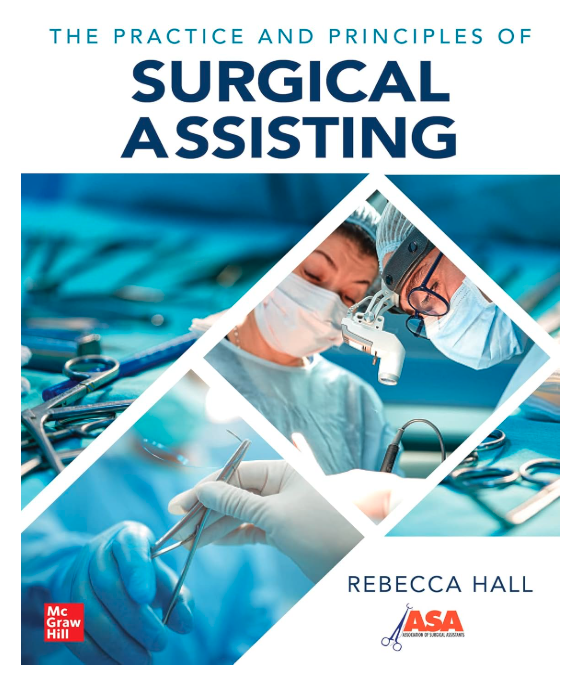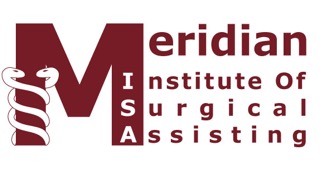Code of Ethics
Establishing a Code of Ethics is a fundamental step in ensuring the integrity and professionalism of any profession, including surgical assisting. The Association of Surgical Assistants (ASA) has recognized this by creating a Code of Ethics specifically tailored to the responsibilities and commitments of surgical first assistants. By adhering to the principles outlined in the Code of Ethics, surgical first assistants demonstrate their commitment to professionalism, patient-centered care, and ethical practice. This not only helps to maintain the trust and confidence of patients and colleagues but also contributes to the overall integrity and reputation of the profession.
Ethics as they relate to the surgical first assistant role and the healthcare team
The surgical assistant shall:
- Work within their scope of practice at all times.
- Maintain and practice surgical assisting with pride and dignity.
- Maintain the highest standards of professional conduct.
- Respect all team members and facilitate a cooperative team atmosphere.
- Support the professional role of surgical assistant and the organizations that represent our interests.
- Be actively involved in continuing education to ensure a high degree of competence.
- Be an active surgical assistant mentor for students and other health care providers.
- Respect the surgical first assistant code of ethics.
Ethics as they relate to patient care
The surgical assistant shall:
- Respect the principles of nonmaleficence and beneficence; act in the best interest of the patient.
- Respect the patient’s right to autonomy and self-determination.
- Respect the principle of justice while providing care:
- Ensure patient care and treatment provides for the patient’s physical and emotional well-being.
- Maintain privacy and confidentiality of information except in those circumstances where the patient provides permission or the law requires disclosure.
Ethics as they relate to business practices
- Only receive compensation for services rendered ensuring the patient has been properly informed.
- Be responsible for helping colleagues maintain a high level of performance and integrity in the practice of surgery.
- Abide by regulations, but support changes in those regulations which are contrary to the best interests of the patient and the profession.
- Cooperate and deal honestly with governmental agencies.
- Provide accurate, complete and timely documentation in all financial matters with the patient, insurance and health care financing agencies.
Approved by the ASA Board of Directors: March 29, 2018
|






